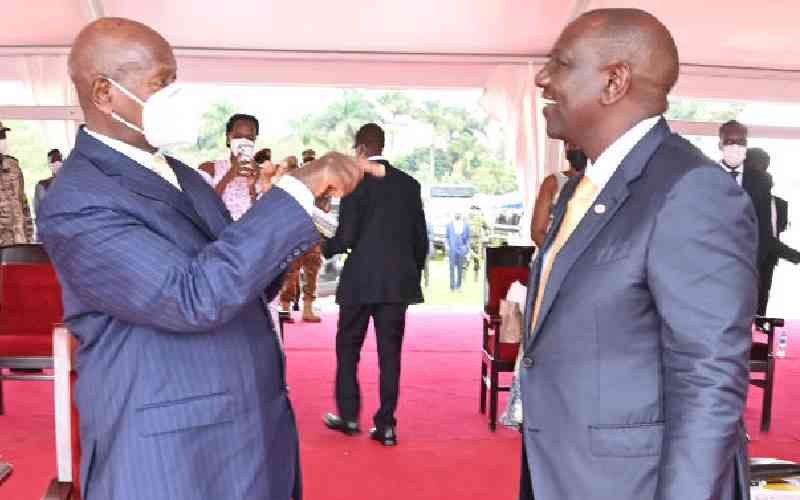×
The Standard e-Paper
Join Thousands Daily

It is January 16th 2001, around 2pm at the Palais de Marbre in Kinshasa. Laurent-Desire Kabila has just had a meeting with his economic advisor, then a knock on the door. His bodyguard walks in.
He bends over and the President assuming the bodyguard wanted to whisper something to him, leans forward. And right there, the bodyguard draws a revolver and at close range shoots Kabila four times. He slumps back on his beige armchair choking on his own blood.